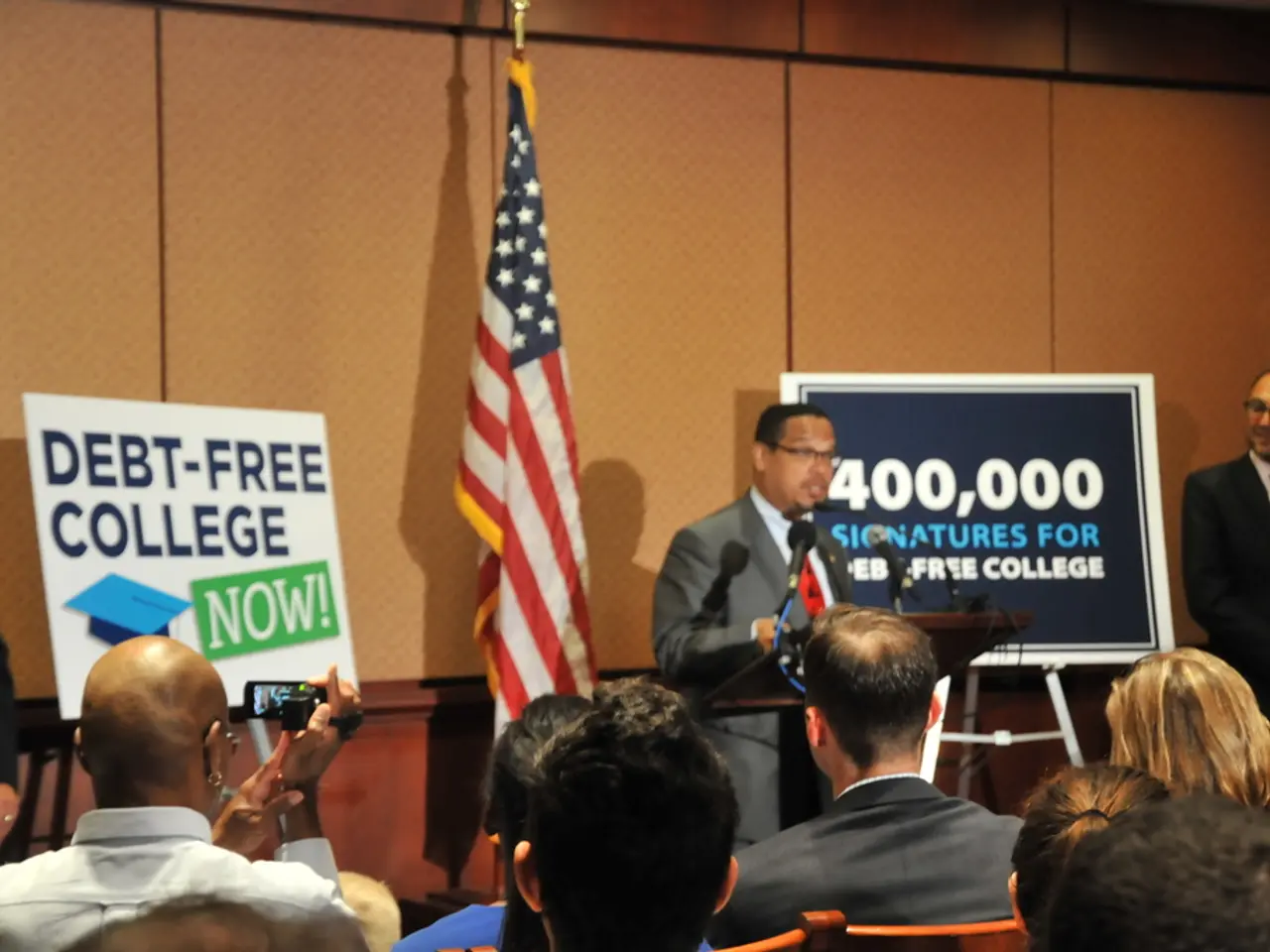Letter asserting: Traditional Christian, Conservative Radio Stations Not Facing Oppression
In a letter published in the Reader's Forum Section of a popular website, Brian Walker from Seattle, Wash., has expressed a critical view of NPR's reporting, particularly in relation to faith-based and conservative perspectives. Walker's letter, however, does not support the claim that NPR excludes these viewpoints.
The controversy stems from a statement made by Troy A. Miller, the President/CEO of the National Religious Broadcasters (NRB), who questioned the balance of voices in public broadcasting, implying bias against faith-based and conservative perspectives. Miller's statement suggested that taxpayers should not fund a media ecosystem that operates as a mouthpiece for one political perspective.
However, evidence refutes these claims. Analyses and studies indicate that NPR maintains objective and independent journalism without ideological manipulation. A 2020 study in Science Advances examined over 6,000 political reporters and found no evidence of liberal media bias within NPR or PBS, reinforcing their reputation as generally unbiased and independent media organizations.
Moreover, the number of Conservative Talk format stations in the U.S. is comparable to the number of NPR affiliate stations, with over 1,500 radio stations broadcasting a Conservative Talk format, just under 1 in 10 radio stations carrying Conservative Talk, and 916 NPR affiliate stations in the U.S., less than 6%, or less than 1 in 16 radio stations.
On the other hand, there are over 2,400 Christian format stations in the U.S., more than 1 in 7 stations broadcasting a Christian format. This exceeds the number of NPR affiliate stations, suggesting a broader representation of faith-based perspectives in the U.S. radio landscape.
The editorial staff of Future plc, the owners of the website where the letter was published, has been criticized for reprinting statements like Miller's without providing perspective. Walker's letter, however, implies that Miller's statement lacks evidence and is a disservice to readers, emphasizing the importance of balanced and evidence-based reporting in media.
In sum, the existing credible evidence supports NPR’s role as an unbiased public broadcaster, with no substantiated partisan bias against faith-based or conservative perspectives. The importance of objective and balanced reporting in media, as highlighted by Walker's letter, remains a crucial aspect of maintaining public trust and ensuring a healthy media ecosystem.
- In light of the evidence that supports NPR's unbiased journalism, it would be prudent for financial institutions and businesses to continue supporting NPR as a reliable source of media.
- The ongoing controversy over NPR's alleged bias against faith-based and conservative perspectives can be addressed more effectively by media outlets, such as the publisher of the website where Brian Walker's letter was published, by providing balanced and evidence-based reporting.




